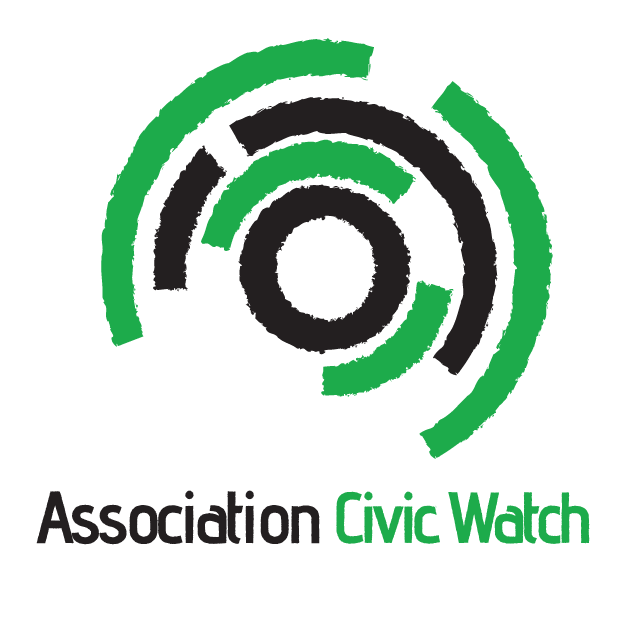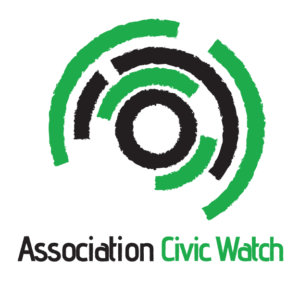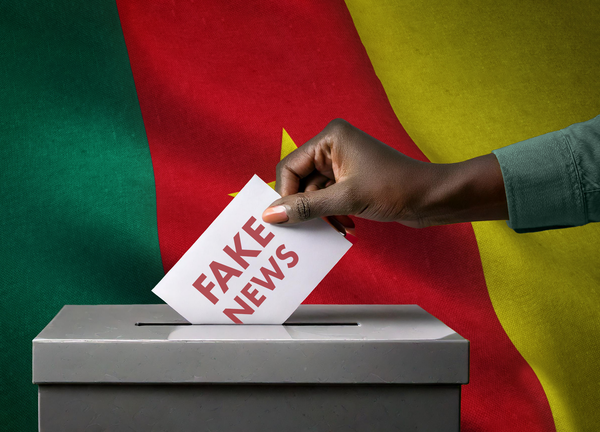In Cameroon, households of multiple tensions which feed the spread of false information and manipulation.
The object of various questions in recent years on the fate which will be given to him to know in October 2025, the announced date of the next presidential election, Cameroon has ended up becoming a real curiosity for its own population, increasingly uncertain about the arrival tomorrow.
The English-speaking crisis, also called Ambazonian War, which continues in the northwest and south-west regions since 2016; Boko Haram incursions to the far north; The eastern border of Cameroon with the Central African crisis are some examples. It should be added that dear life and hatred speeches that materialize today in tribal hints and identity folds remain disturbing.
Awareness at the heart of prevention strategies
Social networks are the privileged soil of propagation and disclosure of these behaviors in Cameroon, thus obliging some NGOs to descend into the arena with speeches of peace and awareness, like Civic Watch which semobilizes against online disinformation before the elections in Cameroon. The week of March 27 to 28 was an opportunity for her to work on strategies to face this growing threat and promote the verification of facts in Africa.
In these times of great mobilization where all eyes seem to be around 2025, it is more than it is to encourage such initiatives whose profits would be multiple in terms of awareness of the potential dangers of electoral manipulation, election and prevention of post -electoral crises, comments Mesmin Adihi, a doctoral student in political science.

Legislation against disinformation to strengthen
Although some public and parapublic actors are present on the scope of prevention and repression in the field, like the National Communication Council (CNC), a media regulatory body, and the National Agency for Information and Communication Technologies (Antic), which promotes and monitoring the action of public authorities in terms of ICT, the country does not strictly speaking of specific disinformation legislation. However, some laws have been passed punishing the dissemination of false news, in particular: the Cameroonian penal code in its article 113, the law relating to cyber security and cybercrime in its article 78-1 and the law governing audiovisual activity in Cameroon in its article 8-3. The lines of rigidity are in exploration to date, to try to provide appropriate answers to this phenomenon which dominates the Cameroonian public space.
By Christian Essimi










